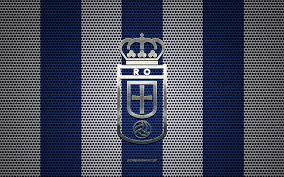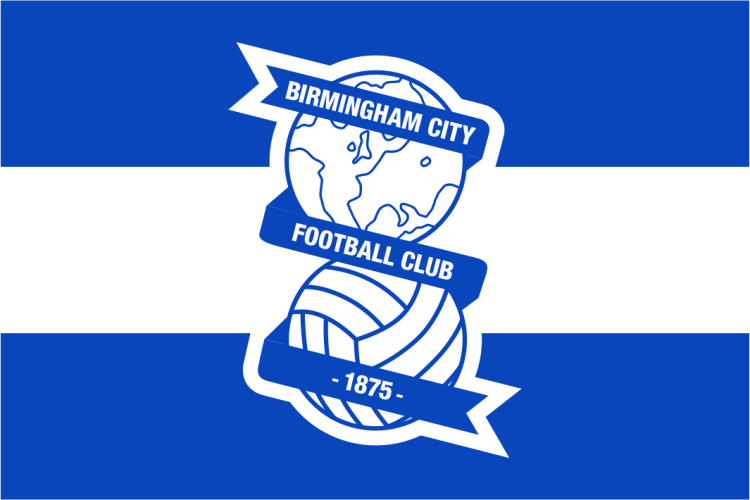
Real Oviedo FC
Real Oviedo FC is a storied football club that encapsulates the spirit and passion of its city, Oviedo. Founded in 1926, this team has witnessed many triumphs and tribulations, making it a significant part of the cultural heritage of Asturias in northern Spain. With a history steeped in tradition, Real Oviedo FC has not only contributed to the world of sports but has also played an essential role in the community and local identity. This post will explore their rich history, from inception to the present day, analyzing key moments, influential figures, and the challenges faced along the way 123b app
Early Years: Formation and Initial Challenges Real Oviedo FC
Real Oviedo’s origins can be traced back to the early 20th century, a period when football was gaining traction across Europe. The establishment of the club marked a significant development in the region’s sporting culture.
Foundation and First Matches
The inception of Real Oviedo FC took place on March 26, 1926, when two clubs, Club Deportivo Ovetense and Real Unión Deportiva, merged to create a single entity that aimed for greater success. This merger was an indication of the growing popularity of football in the region, as clubs sought to consolidate their resources and talent pool.
In its early years, the club engaged in friendly matches and participated in regional leagues. These formative encounters allowed Real Oviedo to develop a core squad and establish its identity.
With players showcasing their talent on the pitch, the fans began to flock to the stadium, creating an electric atmosphere that fueled the team’s ambitions. The club’s colors, blue and white, were adopted during this time and remain iconic today.
Rise Through the Ranks
By the late 1920s, Real Oviedo began to secure a place in the national spotlight. They started competing in the newly formed Segunda División, which provided them with the platform to showcase their talents against some of Spain’s elite teams.
During these years, the club began building a loyal fan base. People from all walks of life came together to support their local team, and the passion for football became ingrained in the social fabric of Oviedo. The club’s early successes ignited dreams of competing at the highest level.
The Impact of the Spanish Civil War
However, the outbreak of the Spanish Civil War in the 1930s brought immense turmoil. Many clubs, including Real Oviedo FC, faced dire financial hardships, leading to disruptions in league play. The war had a detrimental effect on the club, halting its progress and leaving behind challenges that would take years to overcome.
Despite the war, the resilience of the team and its supporters couldn’t be extinguished. As conditions improved post-war, Real Oviedo began to regroup and focus on reclaiming its position in Spanish football.

